The China Anti-Doping Agency urged the United States on Tuesday to stop creating false narratives, politicizing anti-doping cases and manipulating public perceptions, and drop double standards when dealing with the anti-doping cases of athletes from the U.S. and other countries including China.
The remarks came after recent media reports questioned the procedures carried out by the U.S. Anti-Doping Agency when investigating the Adverse Analytical Finding case of U.S. sprinting star Erriyon Knighton, a member of the U.S. Olympic track and field team, and the conclusion that it had reached. On Monday, Knighton qualified for the semifinals of the men's 200m at the Paris Olympics.
Knighton, 20, tested positive for trenbolone, a banned steroid, during an out-of-competition test on March 26. But the USADA decided before the start of the domestic qualifiers for the Paris Olympics that no ineligibility would be imposed on Knighton, claiming that the athlete's positive result for trenbolone was caused by consumption of contaminated meat, and allowed him to eventually represent the United States at the Paris Olympics, the Chinese anti-doping agency said in a statement published on Tuesday.
Trenbolone is an anabolic agent with strong enhancing effects on strength and performance, and is not a common contaminant. Hundreds of trenbolone-related Adverse Analytical Finding cases have occurred around the world in recent years, and publicly available information shows that athletes found guilty of using trenbolone were essentially given a four-year ineligibility.
In the case of Knighton, the independent arbitrator concluded that the contaminated meat in this case came from a restaurant in Florida. Strangely, the USADA didn't start its investigation until two months later. And it happened to detect trenbolone in a different batch of beef purchased from the same restaurant. Also, it didn't warn the U.S. athletes about the problem of meat contamination and carry out studies on how much contaminated meat can cause a positive test, it said.
Later, USADA CEO Travis Tygart publicly declared in a statement that "justice was served" before the World Anti-Doping Agency had even reviewed the case and before the deadline for an appeal expired. What is even more suspicious is that this statement has now been removed from USADA's website, along with its previous statements and releases on no-fault contamination cases.
Meanwhile, since April, the U.S. Congress, the USADA and the U.S. media have adopted a selective approach when it comes to the contamination case of the Chinese swimmers. They have attempted to mislead the international community and the general public by confusing right and wrong through fabrication and a frame-up, the statement said.
Foreign media, such as The New York Times, has been making false doping accusations targeting two Chinese swimmers involved in a case that was proved to be a food contamination incident in 2022. The athletes were subjected to routine drug test the day after they had Coke, hamburgers and fries together at a restaurant in Beijing in early October that year. The result came back positive for an anabolic steroid the following month, The New York Times reported in July.
The accusations, although denied by the WADA, led to more frequent than normal doping tests for Chinese swimmers before and during the Paris Games.
Regarding being tested frequently in Paris, backstroke veteran Xu Jiayu said the athletes have no problem with that. "We follow the rules. I don't want to make any excuses. We did overcome some challenges," he said.
China's butterfly swimmer Zhang Yufei said she believes it's unfair for the Chinese athletes to be put into a situation where they have to consider opinions of some other countries' athletes. "Emotionally, I feel sad that my hard training and performances are not being respected," Zhang said.
The Chinese agency said the U.S. has turned a blind eye to its long history of doping problems, but is obsessed with "cross-border jurisdiction" and calling for sanctions against other countries. It seems that making accusations and attacks on China and other countries is its tactic to deflect attention from the serious flaws in its own anti-doping work.
The Chinese agency said the USADA should review the approaches and principles it has adopted in doping cases to ensure compliance with the goals of the global system, and to demonstrate due integrity and consistency in its work. This is the right way to regain the trust of the international community in its anti-doping work.









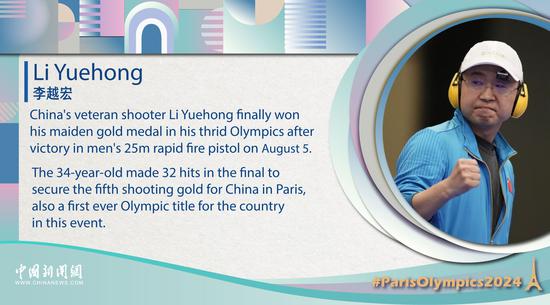
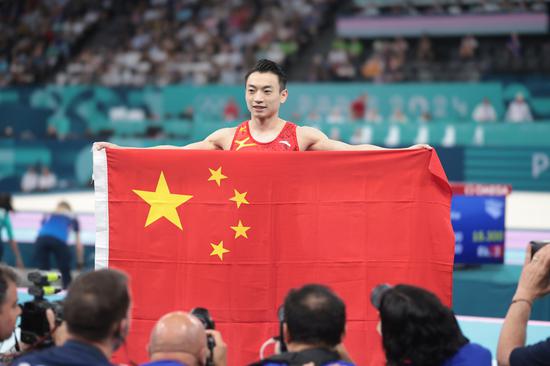
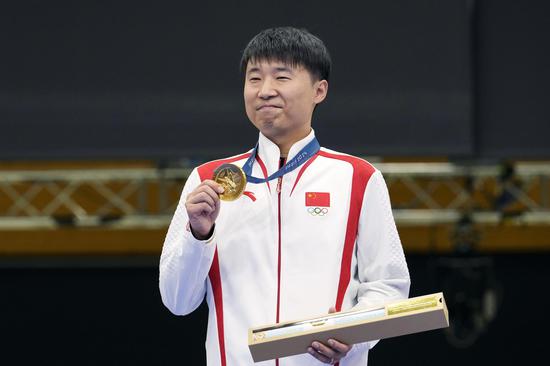
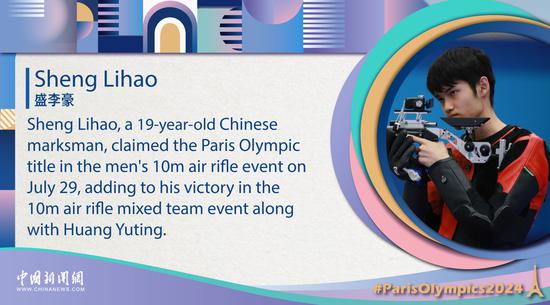
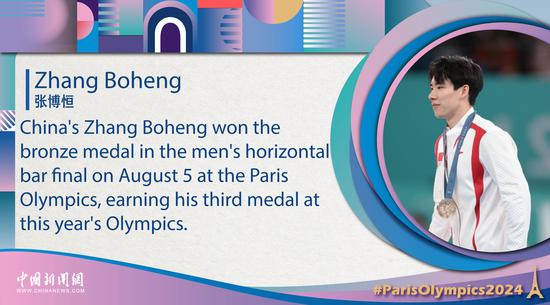
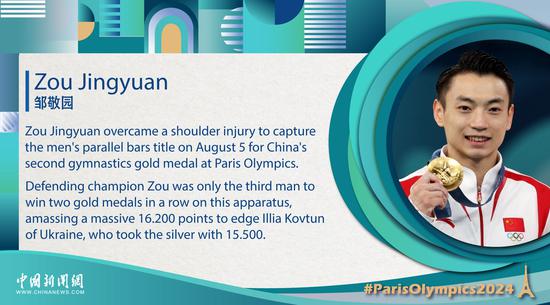



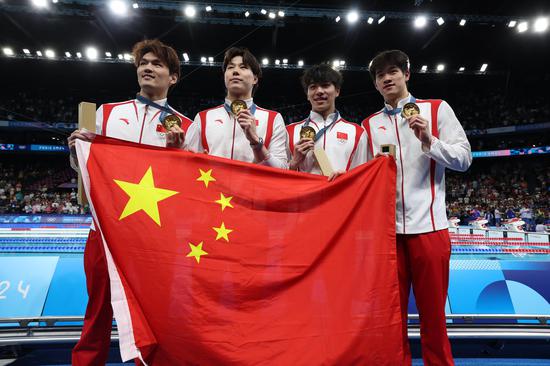
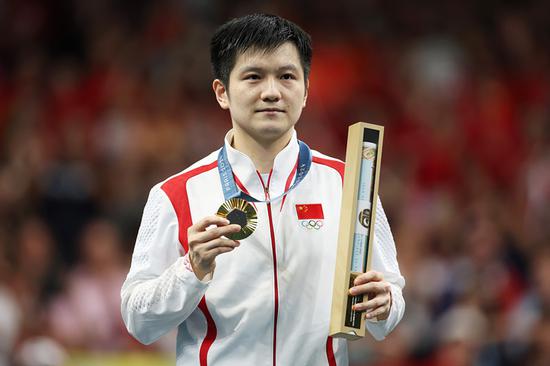

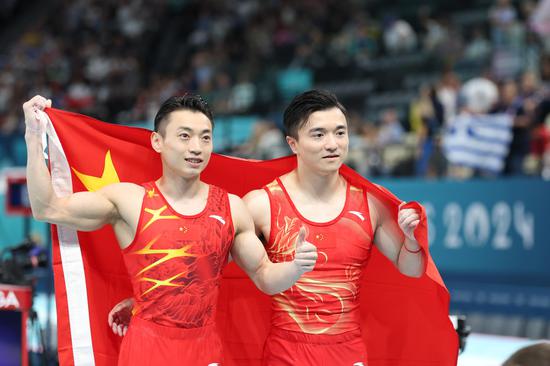

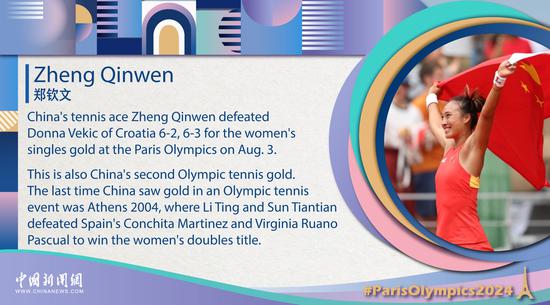
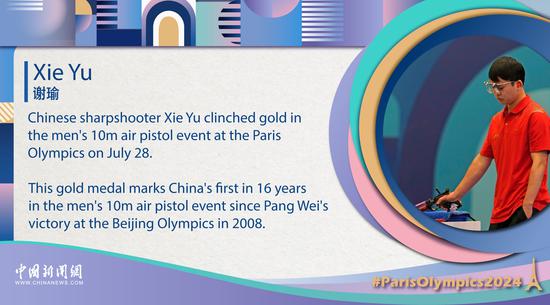
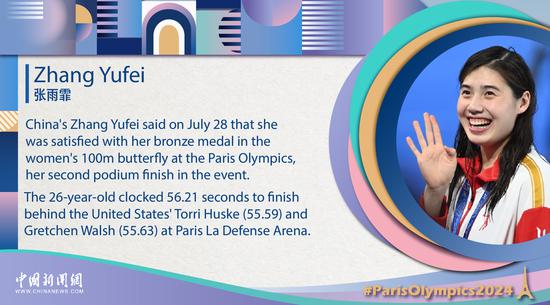
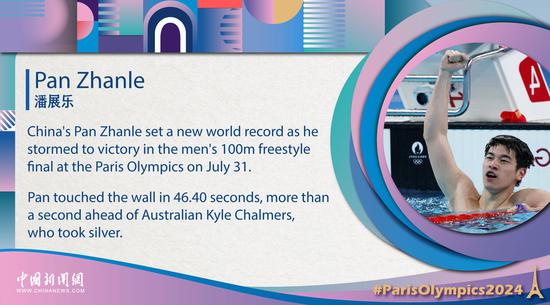
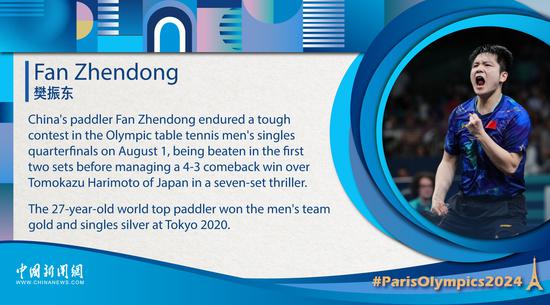


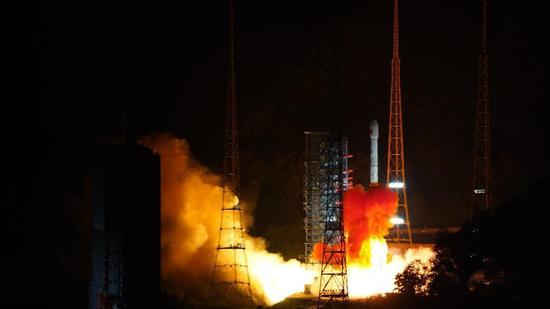
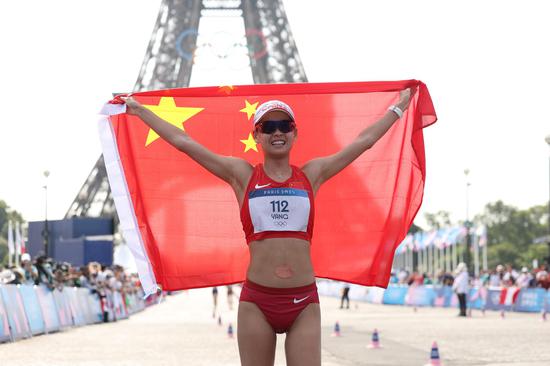
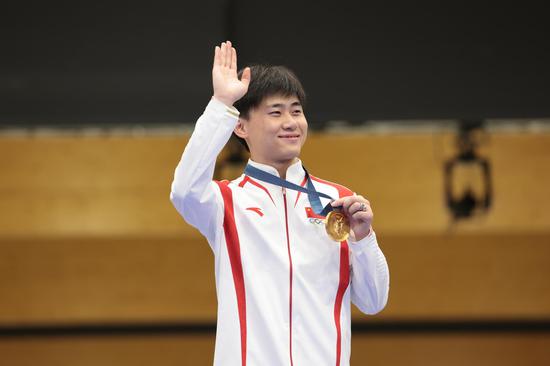

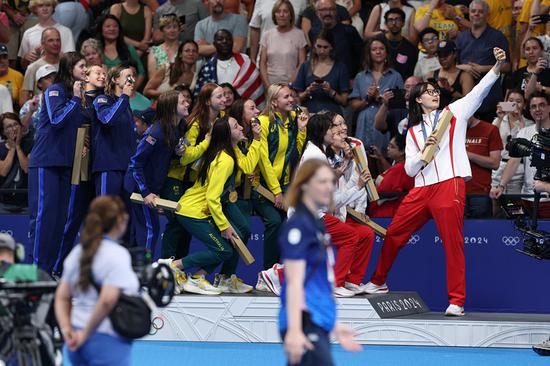
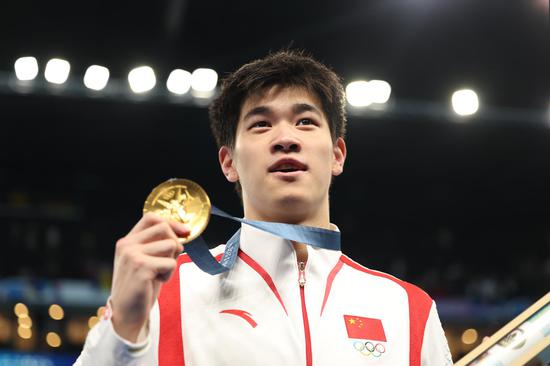
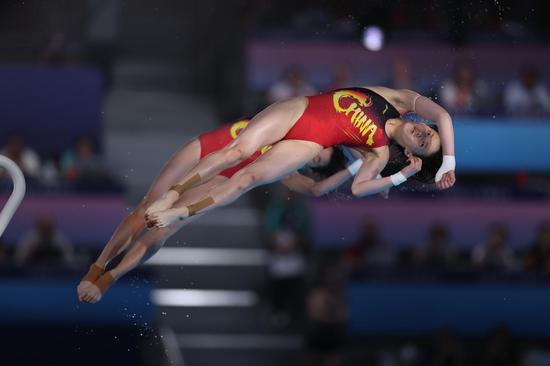
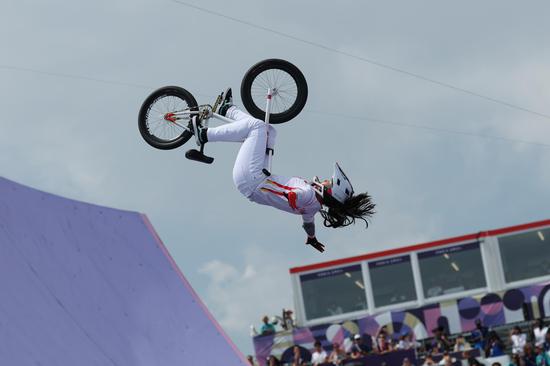

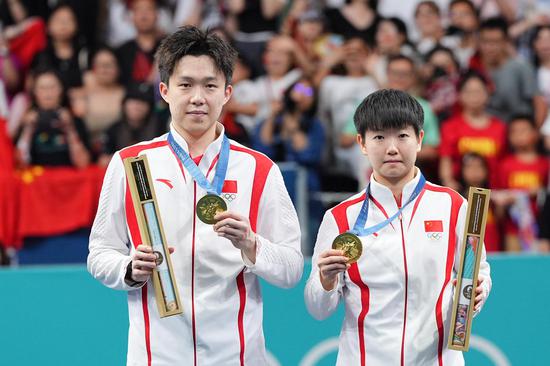
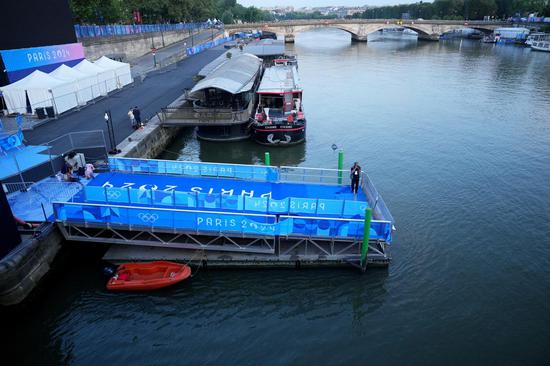




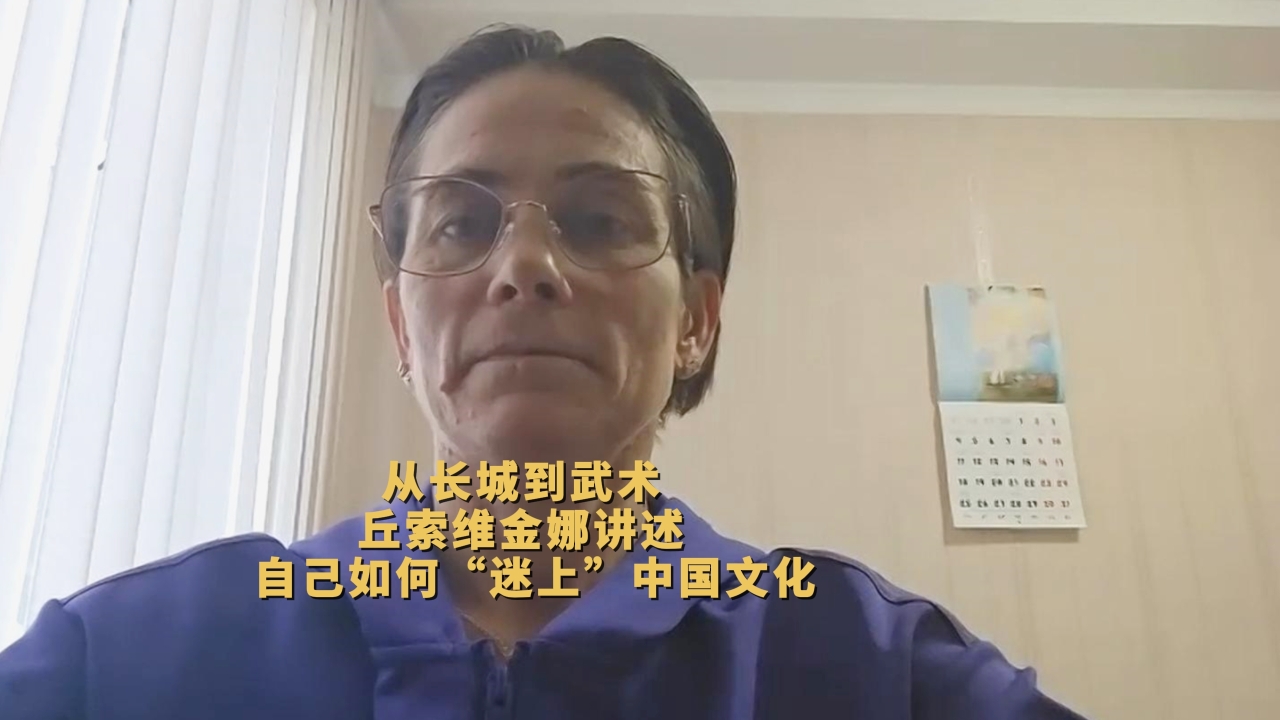

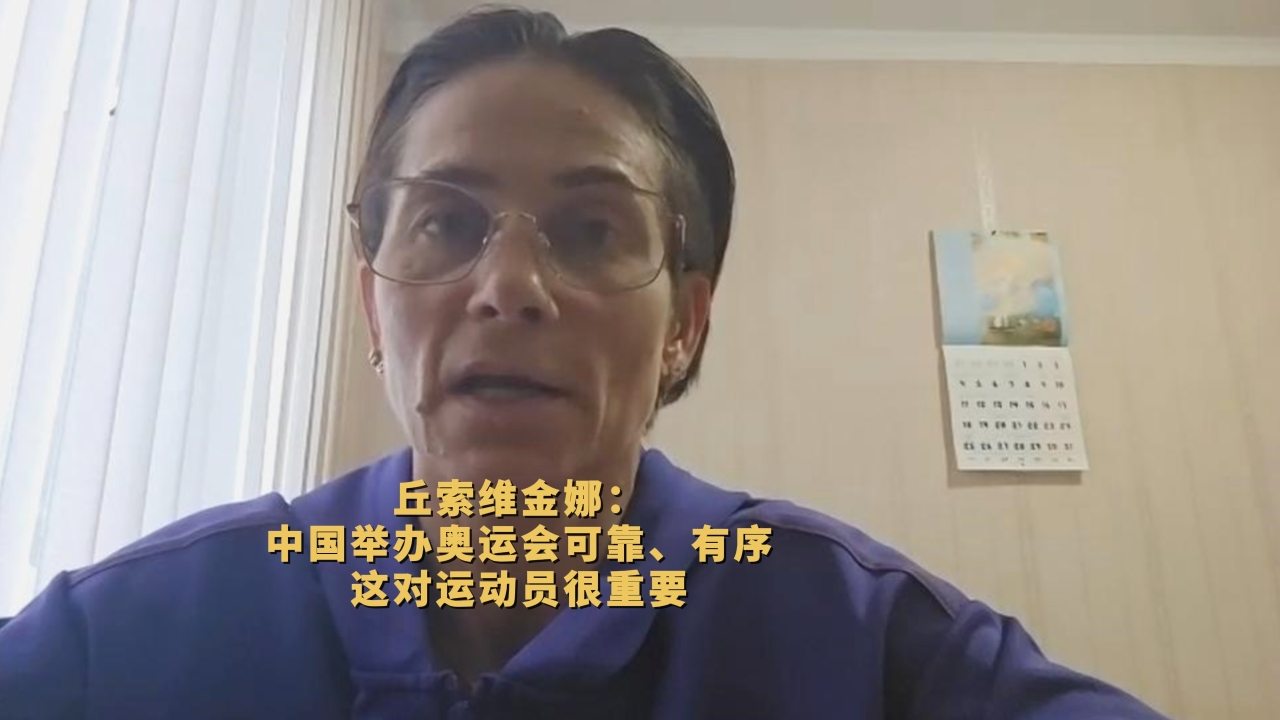

 京公网安备 11010202009201号
京公网安备 11010202009201号